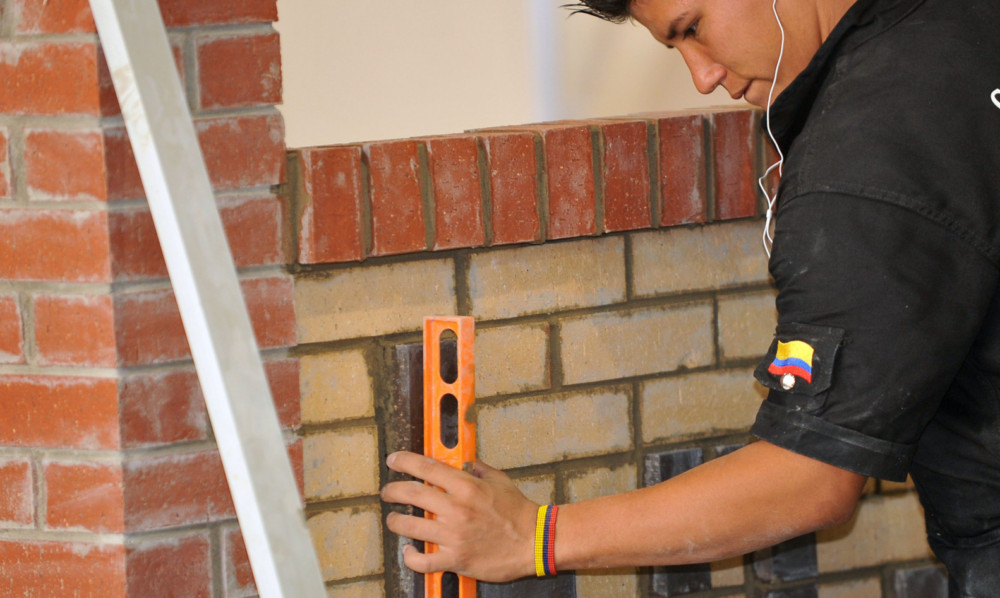Scotland’s construction firms are being battered by the toughest conditions seen anywhere in the UK, according to a new report.
New research by the Federation of Master Builders also found prospects for companies north of the border were significantly poorer than across the country as a whole.
The FMB first-quarter State of Trade survey returned a -20 balance when responses from members on a range of questions relating to the health of the sector north of the border were combined.
The measure which takes into account workload, advance orders and inquiries returned a -16 score for England and -1 for Northern Ireland, while Wales was marginally positive (+1) for the period.
Despite the negative return, the Scottish outcome was an improvement on the fourth quarter of last year when a balance of -32 was returned.
Grahame Barn, FMB director for Scotland, said companies were finding it increasingly difficult to make any kind of return.
“All work, but especially domestic repairs, maintenance and improvement, is very price sensitive,” he said.
“To secure work our members are working on minimal margin if any at all. This does not give them any confidence over the short to medium term.
“This in turn impacts upon employment and apprenticeship places. Add to that increasing material and labour costs, and the picture for the next quarter remains bleak.”
The survey found that 30% of firms shed staff during the first quarter of the year, and just more than a quarter expect the situation to improve with new work becoming available in the months ahead.
Mr Barn wants immediate action to bolster the industry. He called on the UK Government to urgently review the 20% VAT rate on improvement and maintenance work.
He also said more needed to be done to spread the word about the Green Deal.
He said: “A substantial marketing campaign of the benefits of the Green Deal will give the Scottish construction industry the necessary fillip that it desperately needs, while helping householders and businesses make their buildings more energy-efficient and affordable.”
